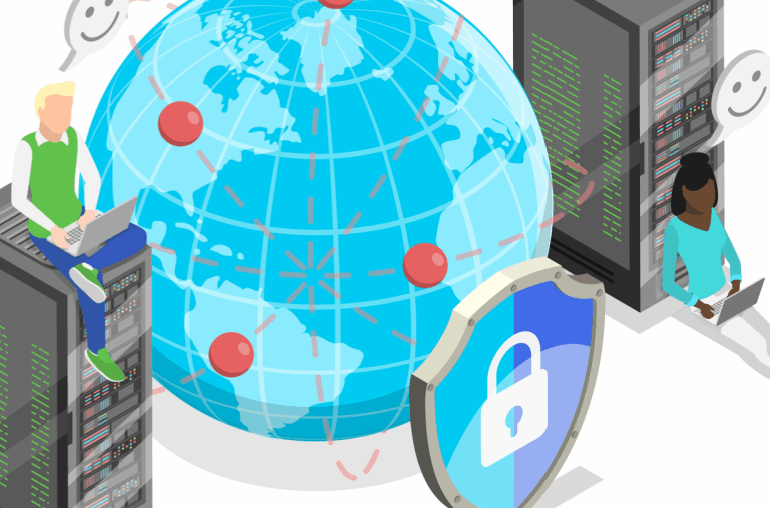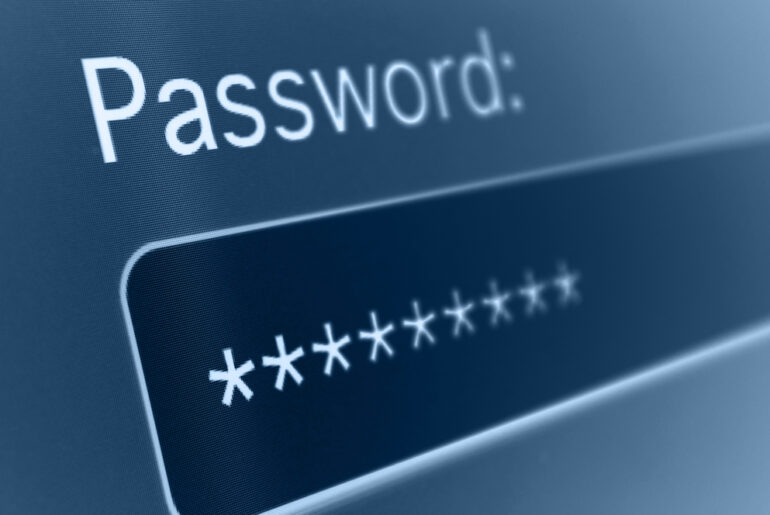Computer security is a constant process that requires regular maintenance. There is no fix that will protect you from every cyber attack or online threat. Every time you update or install new software, there’s a chance that you’re opening up security vulnerabilities in your system that weren’t there before. You might even have a zero day vulnerability.
But what is a zero day vulnerability?
What a Zero Day Vulnerability Is
Software vulnerabilities are “holes” in the program that can be exploited for a cyber attack. They’re unintended and can be caused by server errors, bad configurations, or even programming bugs.
A “zero day” vulnerability is one that the manufacturer already knows about. It’s possible that their software allows hackers to bypass certain types of security. Or maybe it can crash a secure network and force it to restart. Vulnerabilities can give access to certain functions on the network or allow for malware to be installed.
Often these vulnerabilities can be fixed with a software patch, but those take time to program and distribute. The name refers to how the manufacturer has “zero days” to fix the problem, i.e. the vulnerability needs to be patched ASAP.
Of course, not every vulnerability can be patched immediately. It can be days, weeks, or months before a patch is ready. It’s especially important that when you fix one vulnerability, it doesn’t open up any other security holes for a hacker to exploit. That’s why companies generally try to keep zero day vulnerabilities quiet until a security patch can be released.
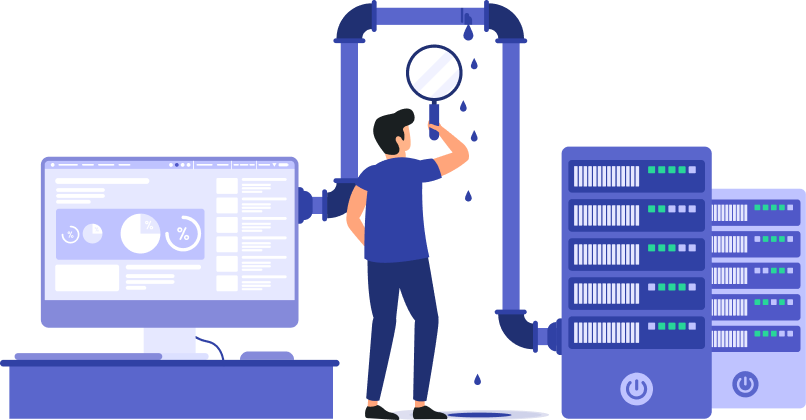
How an Exploit Becomes an Attack
When hackers attack a zero day vulnerability, they use something called an “exploit.” This can be software or a technique that takes advantage of the vulnerability to gain control of a secure system. These are generally utilized online through common, usually harmless activities.
An exploit could be a master password that gets you into a company’s security subsystem, but that’s highly unlikely. What kind of programming error would lead to that sort of vulnerability? What bad security configuration might result in that and still be part of a commercial product?
Generally, an exploit is much more subtle. In most cases, it’s a form of malware that, when installed, can use the vulnerability to gain further access. An exploit might install spyware to read or copy your files. It might undermine your security by creating false accounts that can be used to get more access. A zero day exploit might even be able to log all of your online activity.
An attack like this can come from website visits, opening an email attachment, playing an infected video or audio file, and more. In other words, part of what makes zero day vulnerabilities so dangerous is that there’s very little an individual can do to avoid being the target of an attack.
Or is there?
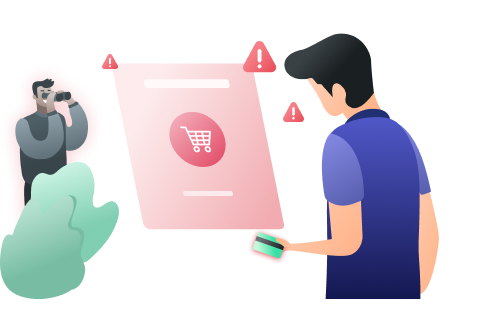
What Do I Do About Vulnerabilities?
Unfortunately, short of not using a program with a known vulnerability, there isn’t a whole lot you can do to ensure 100% security. The good news is that there are things you can do that will make you drastically less of a potential target for a cyber attack.
First, make sure that you always update your software security. Security patches are released on a regular basis by most active companies, and many of them are designed to neutralize a zero day exploit. One of the biggest mistakes that people make is that they put off security updates for days or weeks. It’s inconvenient to have to stop what you’re doing and potentially restart your computer, so people will keep snoozing the update. This is particularly try of operating system security updates, which tend to be the most susceptible vulnerabilities to attack.
Second, get the right software. You always want to have a strong anti-virus security program running on your computer, especially if you’re using it online. A good ad blocker can prevent malware from infecting through a vulnerability that introduces a weakness to certain kinds of web cookie.
Finally, for the best Internet security, always use a VPN. When a zero day vulnerability makes your system the target for an attack, a VPN is the best defense. By encrypting all of your data and sending it through an encrypted tunnel, you are able to bypass some of the biggest security threat vectors. Further, the anonymity provided by VPN IP masking can make it so your other security measures won’t even need to be employed. A security exploit that can’t find you, can’t hurt you.
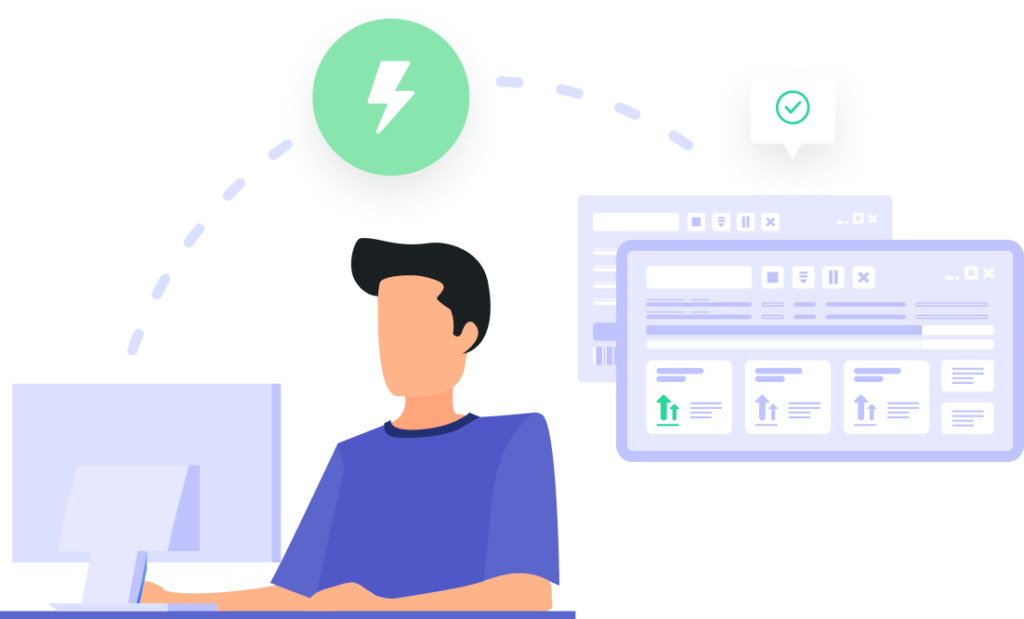
Computer Security is in Your Hands
You may not have control over the code of your software, or even what software you need. But that doesn’t mean that solid #SecurityHygiene can’t help protect you from zero day vulnerabilities. The best security application in the world can’t prevent an unaware user from installing suspicious software. And the weakest link in any security system will always be human beings.
Since you can’t stop a zero day exploit from being launched, you have to be more security-minded. Think about your actions online and how they might affect your cyber security. Consider the implications of visiting an sketchy website or playing a file you’re not sure of. And then think about what measures you have in place to defend against a potential security breach. As long as you do that, you shouldn’t have to worry too much about a zero day vulnerability leaving your system in shambles.
Download PrivadoVPN
Protect your privacy with a world-class VPN. Sign up for premium access to PrivadoVPN and get unlimited monthly data, access to 300+ servers from around the world, and up to 10 simultaneous connections. Get a top-rated VPN that can secure your privacy at home, at work, or on the go.
Sign up for PrivadoVPN today!


